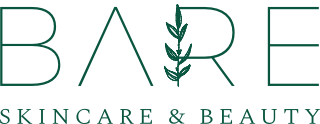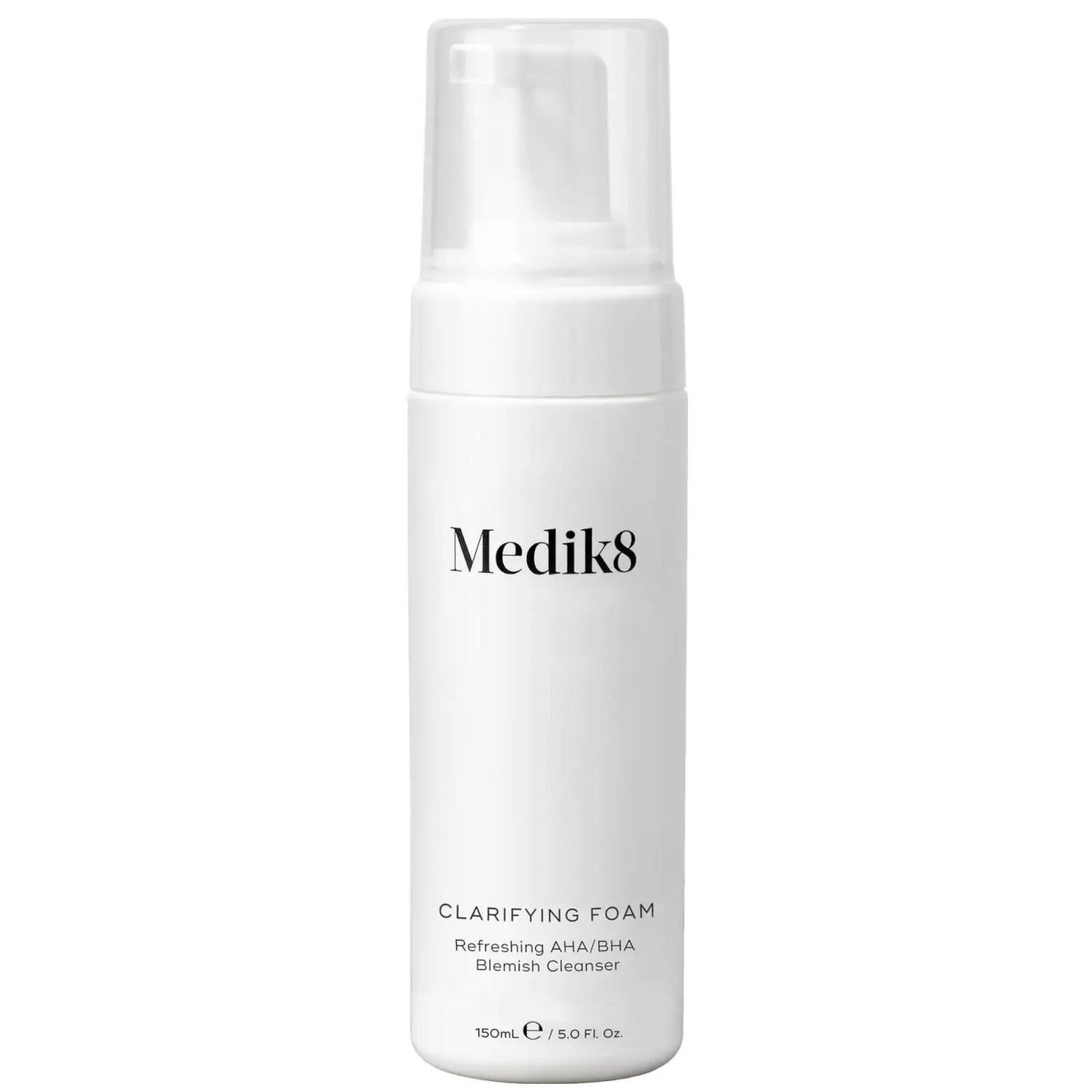Exfoliation 101: How to Exfoliate for Healthy Skin?
Exfoliation is an important part of any skincare routine. Regular exfoliation helps remove dead skin cells, unclog pores, and reveal softer, more radiant skin. It can also help improve the effectiveness of other skincare products by allowing them to penetrate deeper into the skin. But with so many exfoliators on the market, it can be hard to know which one to choose or how often you should be exfoliating. Read on for our top tips for safe and effective exfoliation.
Different Types of Exfoliators
When it comes to exfoliating, there are a few different types of products that you can use. Manual exfoliators with favorite scrubs in a circular motion or cleansing brushes that physically slough away dead skin cells from the surface of your skin. On the other hand, chemical exfoliators contain active ingredients such as AHAs or BHAs(effective for acne-prone skin) that dissolve dead skin cells instead of removing them using manual exfoliation.
When choosing a physical exfoliant, it’s important to consider your skin type and what kind of results you’re looking for. For example, if you have sensitive skin or dry skin you may opt for a gentler physical scrub over a stronger chemical exfoliant.
How Often Should You Exfoliate?
It’s important not to over-exfoliate your skin tone as this can lead to irritation and dryness. Generally speaking, most people should do only gentle exfoliation two or three times per week at most—and even less frequently if they have sensitive skin or are using stronger chemical exfoliants like glycolic acid or salicylic acid. That being said, everyone’s skincare needs are different so always listen to your body when deciding how often you should be exfoliating.
When To Avoid Exfoliating?
In some cases it is best to avoid any type of physical or chemical exfoliation altogether; this includes if you have recently shaved your face (as this will irritate the hairs), if your skin is particularly dry or irritated skin (as this could make these conditions worse), and if you are currently using certain topical medications (such as Retin-A). In these cases, it’s best to just let your skin rest until these issues have resolved before resuming proper exfoliation again.
Natural Exfoliants & DIY Recipes
If natural ingredients are more your style, there are plenty of options available! Common natural ingredients used in homemade facial scrubs include honey (which is both moisturizing and antibacterial), oatmeal (which offers gentle cleansing properties), sugar (for more intensive scrubbing power), nut shells (for tougher jobs) and fruit enzymes like papaya and pineapple (for milder enzymatic action). These ingredients can be combined with oils such as coconut or olive oil for extra moisturizing benefits—or yogurt for extra soothing effects! Experiment with different combinations until you find one that works best for your particular needs—but always remember to start slow with less intense ingredients first until you get a feel for how often your particular skin type requires regular treatments!
Regularly scheduled treatments
Regularly scheduled treatments of quality skincare products can help keep your complexion looking young and healthy but don't forget about the importance of regular exfoliation too! Just make sure that you don't overdo it; try not to exceed two or three sessions per week at most and always pay attention to how your own body responds when deciding how often is right for you! just remember not to go too strong with harsher abrasive ingredients until after getting familiarized with gentler ones first!
Taking care of yourself never goes out of fashion so make sure that proper skincare remains part of your daily routine! Residents of Perth looking for professional skincare advice consult Bare Skincare and Beauty today! We're here ready to help take care of all aspects related to maintaining healthy and beautiful-looking skin! Let us become part of our journey towards having a healthier glowing complexion from now on!
Exfoliation is one of the most important steps in any skincare routine, whether you have dry skin, oily skin, or a combination of both. It’s essential to remove the dead cells that accumulate on the surface of your skin and can lead to a dull skin complexion, clogged pores, and other skin problems.
Fortunately, there are plenty of different types of exfoliation products available today, so everyone can find the perfect one for their needs. In this post, we’ve explained some tips on how often to exfoliate depending on your skin type and provided recipes for natural exfoliants that will leave your skin looking and feeling its best.
If you have any further questions about exfoliation or would like to schedule a consultation with our derma specialists who can help you create an individualized choice skincare routine, please don’t hesitate to contact us. Try our Medik8’s Smooth Body Exfoliating Kit that instantly revitalizes rough, dry, or bumpy skin.



 SHOP BY BRAND
SHOP BY BRAND
 SIGN IN/
SIGN IN/



